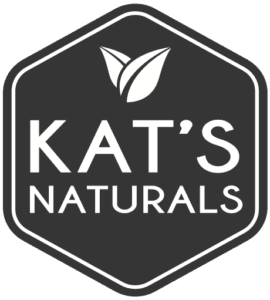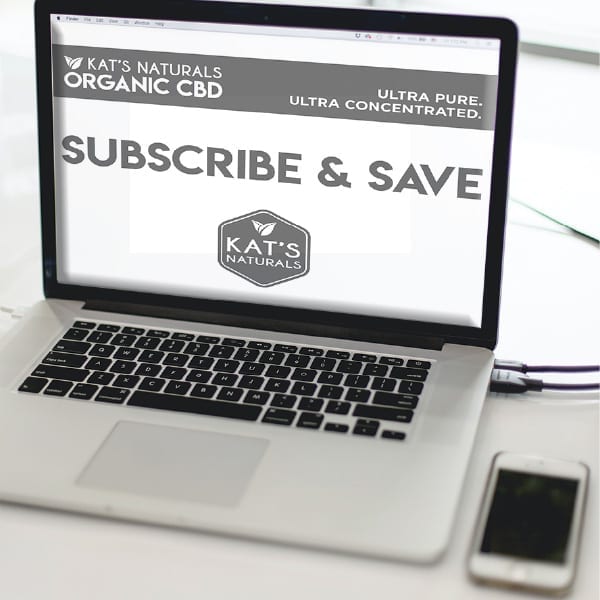No products in the cart.
Perfecting the Hemp Supply Chain: How to Put a Plant Into a Bottle
A plant in a bottle. It sounds like an easy concept. But many CBD companies fail to deliver strain-specific products that mirror a plant’s original essence. There are many reasons for this inability, but all of them trace back to the hemp supply chain. In fact, the challenges originate in the initial stages of the process.
Growing hemp is not easy, and several issues prevent growers from capturing the full potential of a hemp strain and transferring it into an organic CBD oil product. Several mishaps are particularly detrimental:
- Growing strains in the wrong geographic conditions
- Failing to properly space strains in the field
- Experiencing weather-related challenges
- Harvesting too late
- Incorrectly drying and storing hemp biomass
- Allowing mold to grow in the biomass
All of these mistakes affect the chemical composition of a hemp strain, making it difficult for the final product to resemble the original plant. What’s worse is that processors or “extractors” can also add to the problem.
In 2019, the U.S. issued over 2,880 processor licenses, a 483% increase from what happened in 2018. This growth is unsurprising since many people want to be a part of the CBD boom, including extractors. But not every extractor has the knowledge they need to maintain a hemp strain’s essence and transfer it into a bottle.
Extractors need to have a deep understanding of how to optimize yields so that they don’t eliminate valuable cannabinoids and terpenes in the plant or have noncompliant levels of THC. They typically try to achieve this by using solvents to obtain their extract. But solvents generally wreck a plant profile, and it’s not easy to recreate that profile post-processing. By this point, it’s pretty much impossible to transfer the original hemp strain into an organic CBD oil product.
The pitfalls of an imperfect hemp supply chain
Without a good hemp supply chain, CBD companies will continue to struggle to provide remedies that stay true to the hemp plant. And this struggle affects both brands and consumers.
CBD companies can mistakenly sell falsely labeled products if growers and extractors aren’t aware that they’re making mistakes that change the natural composition of the desired extract. Consequently, consumers can easily buy falsely labeled CBD products and use them to their detriment.
Several CBD companies are now facing lawsuits because of consumers’ anger over misleading product labels. Some brands used labels that misstated the amount of CBD in their products. Other brands used product labels that suggested zero traces of THC even though third-party test results showed otherwise.
But these mistakes are nothing compared to the ones that could lead to dangerous consequences. The FDA recently publicized a CBD company’s voluntary recall of a batch of tinctures that potentially contained high levels of lead. This contaminate is associated with pain, nausea, and kidney damage, so it’s no wonder the brand recalled the CBD tinctures. However, since the recall was voluntary, it’s reasonable to assume that the company didn’t know their products included the contaminate in the first place. Somewhere in the hemp supply chain, someone made a mistake, and the CBD brand didn’t know it.
These are just a couple of examples that indicate how easy it is for CBD companies to sell falsely labeled remedies. And regardless of whether it’s intentional, these mistakes are hurting the CBD industry’s credibility, consumer trust, and potentially, individuals’ health.
Paving the way to a better hemp supply chain
Putting great organic CBD oil products on the market requires the industry to clean up the challenges in the entire hemp supply chain. Luckily, one company is doing just that.
Based in Tennessee, NuSachi offers a vertically cooperative and traceable supply chain that eliminates the challenges in the hemp supply chain. As a vertically cooperative company, NuSachi has total control over its outputs. The company oversees the entire production process from growing to bottling, allowing it to ensure quality and safety throughout the hemp supply chain.
This control gives NuSachi the ability to guarantee a hemp strain — including all of its terpenes, aromatics, and cannabinoids — truly make it into a bottle. The company utilizes a patent-pending technology called SOLAR to create its clean CBD oil and ensure its products mirror a hemp strain and all of its natural components.
NuSachi also practices proper growing techniques and avoids using solvents and additional ingredients in their extracts. The brand prefers to embrace the variety that hemp offers and solely use characteristics of a particular strain to develop organic products that reflect the actual plant.
What also ensures quality products is NuSachi’s commitment to voluntarily adhering to standards. Most vendors use a minimum set of guidelines to produce hemp remedies, and this is specifically true for companies that operate outside of legal states. What makes the situation worse is that federal guidelines are also lacking. The non-existent oversight increases the production of inferior products and false labeling, putting consumers and their health at risk over and over again.
NuSachi eliminates this risk by utilizing California medical marijuana standards to test its extracts for safety and quality. The guidelines are arguably the strictest standards a hemp supplier can follow, but they help ensure the extracts that companies produce are premium products.
The first look at a plant in a bottle
With companies like NuSachi paving the way to a better hemp supply chain, consumers have the opportunity to purchase organic CBD oil products that originate from one specific grow and one single point of origin. This means consumers can get exactly what they want, no extra ingredients added.
But where do these kinds of organic CBD oil products exist?
Our team at Kat’s Naturals is providing a new line of organic CBD oil remedies. After working with NuSachi, we’ve developed Kat’s Craft Collection. It includes a therapeutic, organic CBD oil remedy that resembles the exact hemp strain that we picked for the product.
We took our time to formulate this remedy to make sure the original plant truly transferred into the bottle. And we know our customers will enjoy the organic CBD oil’s natural taste, smell, and look. We crafted it using the Tennessee-1 strain, knowing it’d be a hit with our local community and those who want to experience Tennessee hemp culture. Our bottles even include limited-edition labels designed by Knoxville artist Status Serigraph. He’s helping us emphasize Tennessee culture and the true nature of the hemp plant.
The opportunity is finally here for those who want to encounter the full potential of the hemp plant. And it’s all available for consumers to buy in a collectible 4 oz CBD bottle by Kat’s Craft Collection.






